Edition: Comprehensive Safeguards Against Hardware and Firmware TamperingLagos, Nigeria – November 21, 2024 – HP Inc. (NYSE: HPQ) has unveiled the HP Enterprise Security Edition, a revolutionary suite of security features designed to protect HP business-class PCs from targeted physical cyberattacks.
This innovative solution offers robust multilayered defense for hardware and firmware, coupled with unparalleled visibility into potential tampering throughout the device lifecycle.With the rise of hybrid work and Work from Anywhere (WFA), the risk of physical cyberattacks has surged. Attackers exploiting brief physical access to PCs pose significant threats to organizations.
A recent survey reveals that over 51% of IT Security Decision Makers (ITSDMs) are concerned about their inability to detect hardware or firmware tampering during transit. HP Enterprise Security Edition addresses these vulnerabilities, empowering IT teams to detect and prevent unauthorized alterations while safeguarding devices from persistent threats.
Key Features of HP Enterprise Security Edition1. Firmware LockA user-controlled lock at the firmware level, used alongside HP Sure Admin. When activated, this feature employs HP Sure Admin’s cryptographic, password-free authentication, preventing unauthorized access even if the device is left unattended.
This lock offers significantly stronger protection than traditional operating system locks.2. Platform CertificatesDigital certificates validate the integrity of critical hardware and firmware components, such as processors, memory, BIOS, or PCIe devices.
This ensures that no unauthorized modifications occur, enhancing overall device security.3. Sure Start Virtualization ProtectionPre-boot protection isolates malicious or compromised third-party hardware—such as devices connected via Thunderbolt™/USB-C or PCIe ports—within a micro-virtual machine.
This safeguards the device from firmware contamination and prevents attackers from exploiting vulnerabilities.—Revolutionizing PC SecurityDr. Ian Pratt, Global Head of Security for Personal Systems at HP Inc., stated:> “Physical attacks are typically well-planned, often linked to nation-state campaigns or corporate espionage. However, the growing underground market for corporate network access is driving opportunistic attacks—exploiting moments of vulnerability, like unattended PCs in public spaces.”Dr. Pratt emphasized the importance of hardware security:> “By compromising hardware or firmware, attackers can establish a nearly undetectable foothold, gaining long-term access to sensitive networks and data.
HP Enterprise Security Edition provides critical defenses to prevent these threats, while equipping IT teams with the tools to validate device integrity.”—Strengthening Resilience and VisibilityHP Enterprise Security Edition empowers organizations with:
Enhanced Platform Integrity: Protects hardware and firmware layers beneath the operating system.Supply Chain Risk Mitigation: Validates hardware and firmware integrity before onboarding.
Lifecycle Security Governance: Maintains control over device security from deployment to retirement.
These measures ensure businesses can confidently secure sensitive data, enabling hybrid work without compromising security.—Availability
The HP Enterprise Security Edition will be available for select HP PC platforms.—About HP Inc.HP Inc. (NYSE: HPQ) is a global technology leader delivering innovation that connects people and ideas.
Operating in over 170 countries, HP offers sustainable solutions across personal computing, printing, 3D printing, hybrid work, and gaming. Visit www.hp.com for more information.
About HP Wolf SecurityHP Wolf Security provides world-class endpoint protection with hardware-enforced solutions that safeguard PCs, printers, and users from cyber threats. Learn more at www.hp.com/wolf.Media Contact:THOP for HPAdeola – adeola@wearethop.com
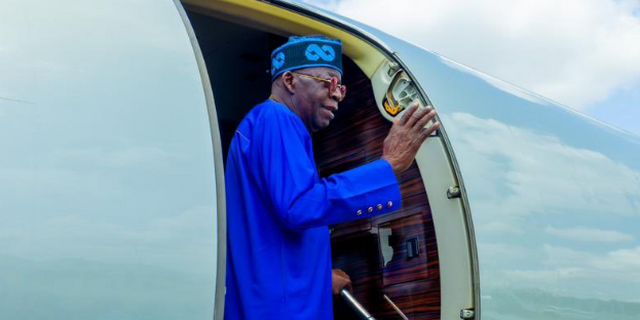

 News11 hours ago
News11 hours ago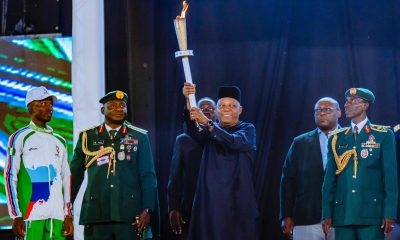
 Sports19 hours ago
Sports19 hours ago
 Education16 hours ago
Education16 hours ago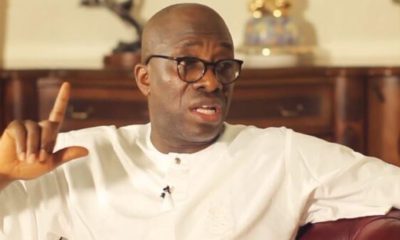
 News20 hours ago
News20 hours ago
 News16 hours ago
News16 hours ago
 Metro16 hours ago
Metro16 hours ago
 News8 hours ago
News8 hours ago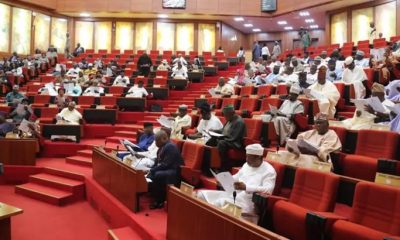
 National14 hours ago
National14 hours ago
 Entertainment21 hours ago
Entertainment21 hours ago
 News20 hours ago
News20 hours ago



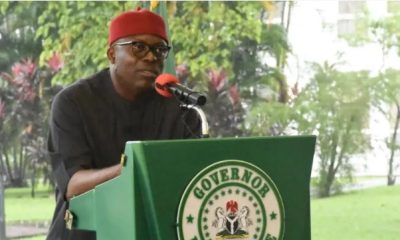

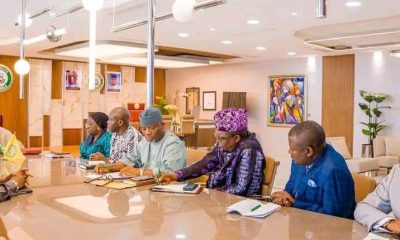

















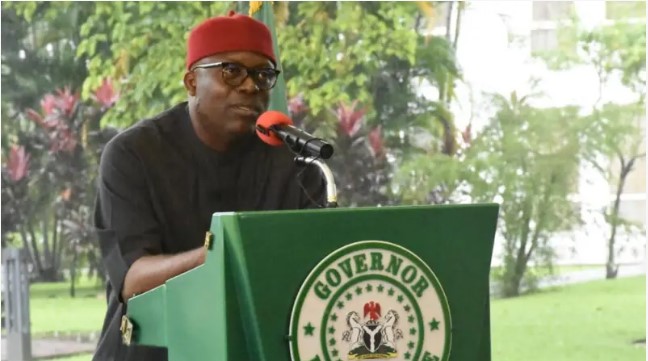













temporary email
October 12, 2024 at 8:40 am
Very well presented. Every quote was awesome and thanks for sharing the content. Keep sharing and keep motivating others.